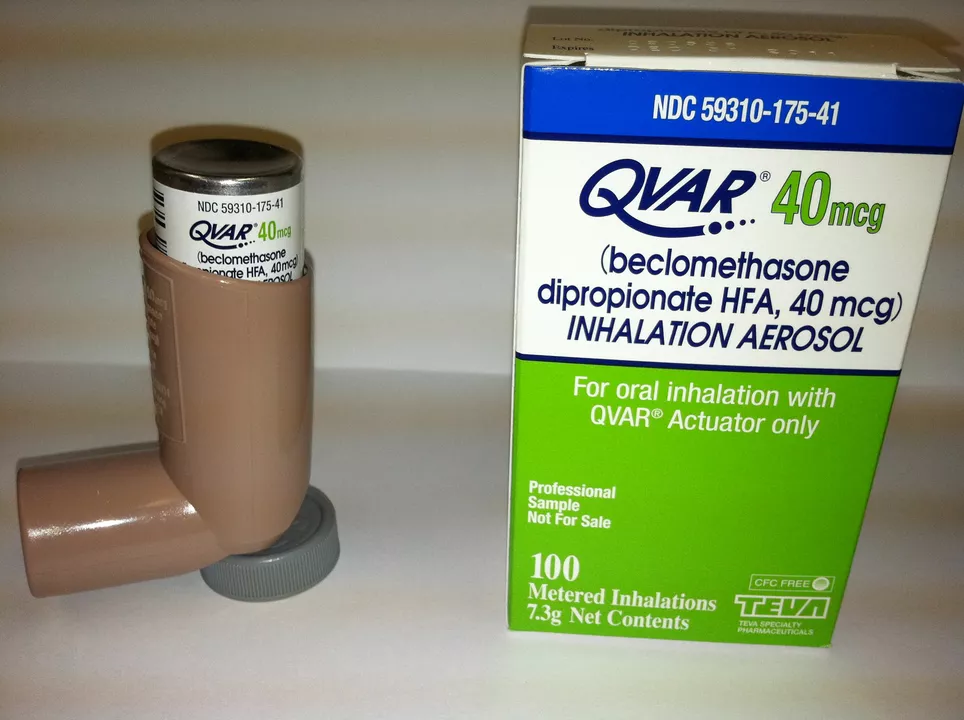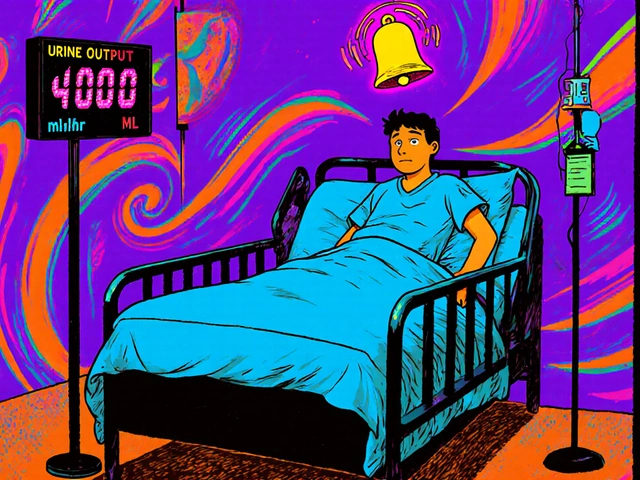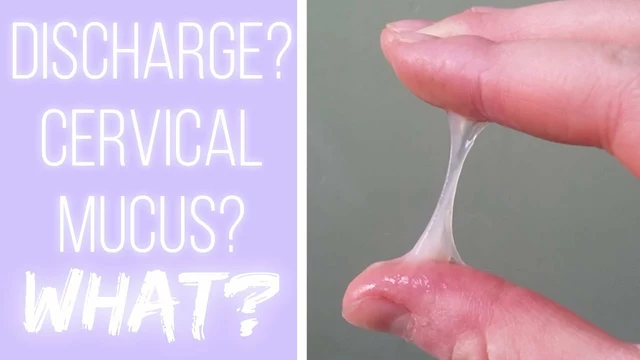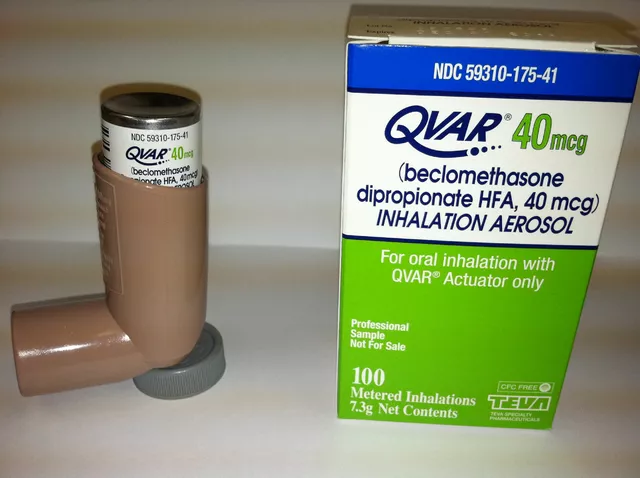Understanding Seasonal Allergies and Beclomethasone
As someone who has experienced seasonal allergies, I know how frustrating and debilitating they can be. In this section, I will help you understand what seasonal allergies are, the common symptoms, and how beclomethasone can be an effective treatment option for managing these symptoms.
Seasonal allergies, also known as hay fever or allergic rhinitis, occur when your immune system overreacts to allergens such as pollen, mold, or pet dander. Common symptoms include sneezing, itching, runny nose, and watery eyes. Beclomethasone is a corticosteroid nasal spray that helps reduce inflammation and relieve allergy symptoms.
How Beclomethasone Works to Relieve Allergy Symptoms
In this section, I will explain the mechanism of action of beclomethasone and how it helps alleviate allergy symptoms. Understanding how this medication works can be helpful in managing your expectations and ensuring proper usage for optimal results.
Beclomethasone is a corticosteroid, which means it works by reducing inflammation in your nasal passages. It does this by inhibiting the release of chemicals and immune system cells that cause inflammation and allergy symptoms. When used consistently, beclomethasone can help prevent and relieve symptoms such as sneezing, itching, runny nose, and congestion.
Proper Use of Beclomethasone Nasal Spray
Using beclomethasone nasal spray correctly is essential for achieving the best results. In this section, I will walk you through the proper steps to use this medication, as well as some precautions to consider while using it.
Before using the nasal spray, gently blow your nose to clear any mucus. Shake the bottle well and remove the cap. Tilt your head slightly forward and insert the nozzle into one nostril. Close the other nostril with your finger and gently squeeze the bottle to release the medication. Breathe in slowly through your nose and then exhale through your mouth. Repeat the process for the other nostril. Make sure to clean the nozzle with a tissue or warm water after each use to prevent contamination.
Recommended Dosages for Beclomethasone Nasal Spray
In this section, I will discuss the recommended dosages for beclomethasone nasal spray. It is crucial to follow the prescribed dosage to ensure the effectiveness of this medication and minimize any potential side effects.
The recommended dosage for adults and children over 12 years of age is one or two sprays in each nostril twice a day. For children between the ages of 6 and 11, the recommended dosage is one spray in each nostril twice a day. It is important to remember that beclomethasone is most effective when used consistently, so make sure to follow your doctor's instructions and not miss any doses.
Potential Side Effects and Precautions
As with any medication, beclomethasone can cause side effects. In this section, I will discuss the possible side effects of this medication and some precautions you should take while using it.
Common side effects of beclomethasone include nosebleeds, headache, and nasal irritation. These side effects are generally mild and should subside as your body adjusts to the medication. However, if you experience severe or persistent side effects, contact your doctor immediately. It is also important to inform your doctor if you have any existing medical conditions, such as glaucoma, cataracts, or an infection, as these may affect the suitability of beclomethasone for your specific situation.
Interactions with Other Medications
It is important to be aware of potential interactions between beclomethasone and other medications you may be taking. In this section, I will discuss some of the potential interactions and what to look out for.
While beclomethasone is generally considered safe and has few interactions with other medications, it is still important to inform your doctor of any other medications you are taking, including prescription, over-the-counter, and herbal medications. Some medications, such as certain antifungal drugs or HIV medications, can increase the risk of side effects when taken with beclomethasone. Your doctor will be able to assess your individual situation and make the appropriate recommendations.
When to Consult Your Doctor
It is important to consult your doctor if you have any concerns or questions about using beclomethasone for seasonal allergies. In this section, I will discuss some specific situations in which you should reach out to your doctor.
If your symptoms do not improve within a week of using beclomethasone, it is crucial to consult your doctor, as this may indicate a need for a different treatment plan. Additionally, if you experience severe or persistent side effects, contact your doctor as soon as possible. Finally, if you have any existing medical conditions or are taking other medications, it is important to discuss these with your doctor before starting beclomethasone to ensure it is the right option for you.
Conclusion
Seasonal allergies can be a real challenge for many people, but beclomethasone nasal spray can be an effective treatment option for managing symptoms. By understanding how this medication works, using it correctly, and being aware of potential side effects and interactions, you can make an informed decision about whether beclomethasone is the right choice for you. As always, consult your doctor with any questions or concerns you may have regarding your seasonal allergy treatment plan.








May 29, 2023 AT 23:57
Jennifer Stephenson
Beclomethasone works. I've used it for years. One spray per nostril, twice a day. No nonsense.
Stick to the dose. Don't overdo it.
May 31, 2023 AT 22:33
Segun Kareem
This is the quiet power of medicine-no grand hype, just a spray that lets you breathe again.
People chase miracle cures, but the real magic is in consistency.
Beclomethasone doesn't make you feel invincible. It just takes the edge off the chaos.
And that? That’s enough.
Some of us don’t need fireworks. We need silence in our sinuses.
June 2, 2023 AT 04:28
Philip Rindom
I love how this post is basically a pharmaceutical pamphlet with a personal touch.
Like, nice job, doc. But did you also write the FDA label? 😅
Anyway, yeah, it works. But honestly? I just started using a neti pot + allergy meds and skipped the spray entirely.
Less scary chemicals, same results. Just saying.
June 3, 2023 AT 15:34
Jess Redfearn
Wait so if I use this and still sneeze, does that mean I'm doing it wrong or am I just broken?
Also, is it safe to use with my 3-year-old's stuffed animals? I think they're triggering my allergies. Should I spray the plushies too?
Just asking for a friend. Who is me.
June 3, 2023 AT 23:17
Ashley B
Beclomethasone? Oh, you mean the corticosteroid the pharmaceutical giants pushed after they killed off the herbal alternatives?
They don't want you to know that pollen allergies are caused by 5G towers and fluoride in the water.
And don't get me started on how the FDA approved this while banning elderberry syrup.
They're poisoning us with 'safe' nasal sprays so we stay dependent.
Read the studies-most are funded by GlaxoSmithKline.
You think your nose is clear? You're just numb.
Wake up. This isn't medicine. It's control.
June 5, 2023 AT 17:49
Scott Walker
Used this last spring. Worked like a charm 🌿👃
Just remember to shake it like you’re trying to get the last drop of ketchup out of the bottle.
Also, cleaning the nozzle? Non-negotiable. I turned mine into a little art project with washi tape. Keeps me from forgetting.
And hey-if you’re still sneezing after a week, maybe it’s not the spray. Maybe it’s your cat. Or your ex’s hoodie you still keep. 🐱💔